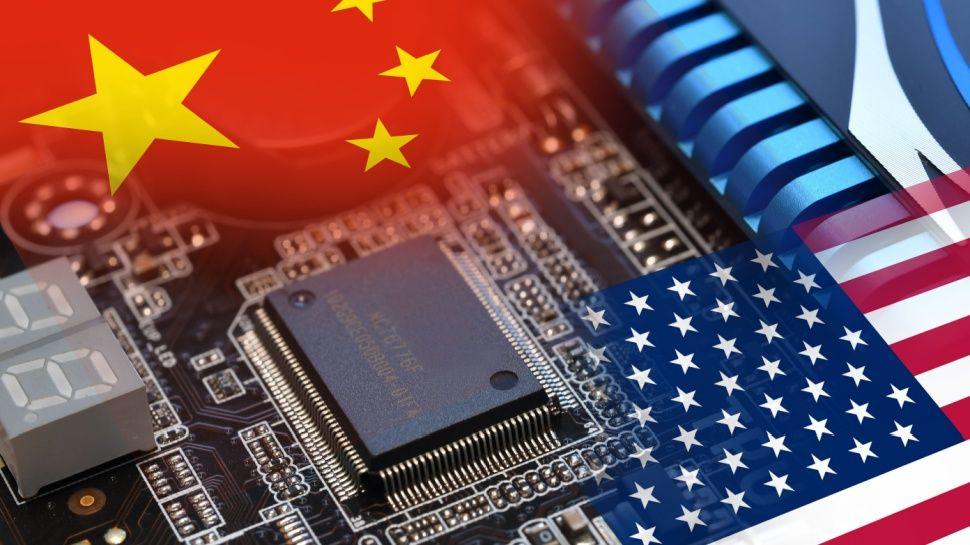- President Biden will introduce new AI diffusion rules for AI technology
- Groups have praised the rules for helping to strengthen national security
- However, China and Nvidia have both criticized the rules for stifling competition
In the last few days of the Biden administration, the president has introduced a set of new rules aimed at limiting China’s access to advanced semiconductors used in AI technology.
The ‘Export Control Framework for AI Diffusion’ divides the world into friend and foe, with allies getting unfettered access to AI technology, while US adversaries, namely China, Russia, Iran and North Korea, will face harsh restrictions.
The latest rules, along with the many export restrictions imposed on China during Biden’s four-year tenure, are designed to maintain the West’s dominance in AI development and AI chip design.
‘It’s important that we keep it that way’
The AI diffusion rules will implement new country-specific quotas on GPUs, but allow cloud computing providers to apply for approval to build data centers outside those limits, allowing giants such as Microsoft, Google and Amazon to continue with existing and future projects without restrictions – provided they meet security requirements, reporting requirements and have a record of human rights compliance.
The rules won’t take effect for 120 days, leaving plenty of wiggle room for Trump to settle into his second presidency and decide his foreign policy approach to China.
Chinese President Xi Jinping was invited to, but declined, Trump’s inauguration, where the US president-elect threatened high tariffs on imported goods with a particular focus on China throughout his campaign.
Ahead of the AI Diffusion announcement, US Commerce Secretary Gina Raimondo said, “The US is leading AI now – both AI development and AI chip design, and it’s critical that we keep it that way.”
Much of the motivation behind imposing restrictions on China’s ability to import AI chips and manufacturing technologies has been amid national security concerns surrounding the potential for Beijing to introduce advanced AI technologies into its military.
Both the Americans for Responsible Innovation group and the strategic competition between the United States and the Chinese Communist Party have praised the AI diffusion rules’ focus on national security.
However, in response, China’s commerce minister labeled the rules as “yet another example of the generalization of the concept of national security and abuse of export controls,” and further argued that the rules were inconsistent with established economic and trade rules and are a “blatant violation.”
Nvidia, which leveraged AI technology and software hype to catapult itself into second place among the most valuable companies by market capitalization, also hit back at the rules in a blog post, with Ned Finkle, vice president of government affairs, saying the AI proliferation rules are “a more than 200-page legislative morass, drafted in secret and without proper review of the legislation,” adding that the Biden administration tried to “rig the market results and stifles the competition.”
Finkle also pointed out that the regulation would hit much of the technology that is “already widely available in mainstream gaming PCs and consumer hardware.” The blog post ended with a statement praising innovation and competition during Trump’s first term, with Nvidia “see[ing] forward to a return to policies that strengthen American leadership, strengthen our economy, and maintain our competitive edge in artificial intelligence and beyond.”
Via SCMP



